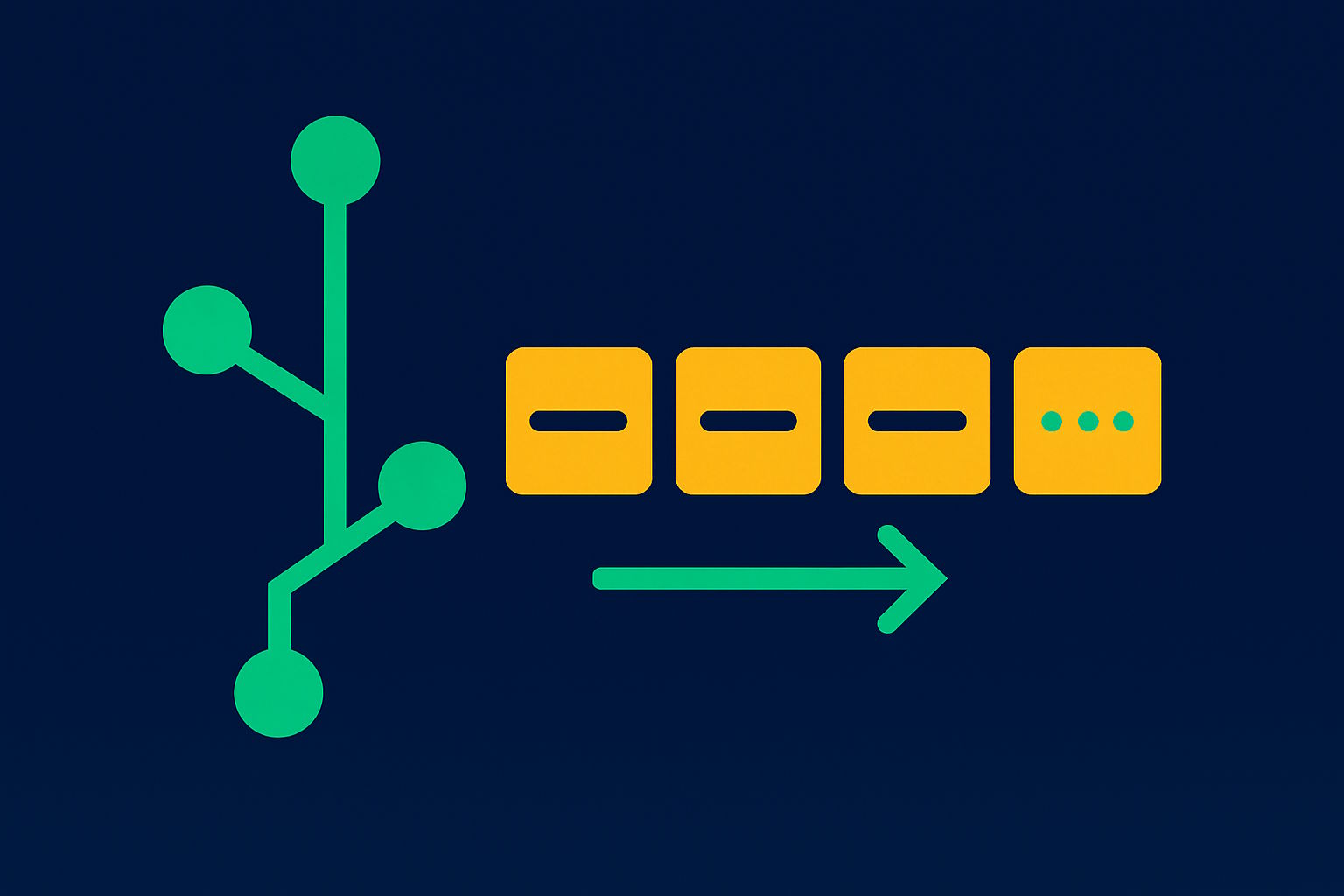Internal memo: Vishal Shah, who led Meta's metaverse unit, will now lead AI product management; sources: Vibes was rushed out to get ahead of OpenAI's Sora (Hannah Murphy/Financial Times)
PositiveArtificial Intelligence

In a significant shift within Meta, Vishal Shah, who previously led the company's metaverse unit, is now taking charge of AI product management. This change comes as Meta aims to enhance its competitive edge against OpenAI's Sora, which has been rapidly developed. This move highlights Meta's commitment to advancing its AI capabilities and adapting to the fast-evolving tech landscape, making it a noteworthy development in the ongoing race for AI innovation.
— Curated by the World Pulse Now AI Editorial System







